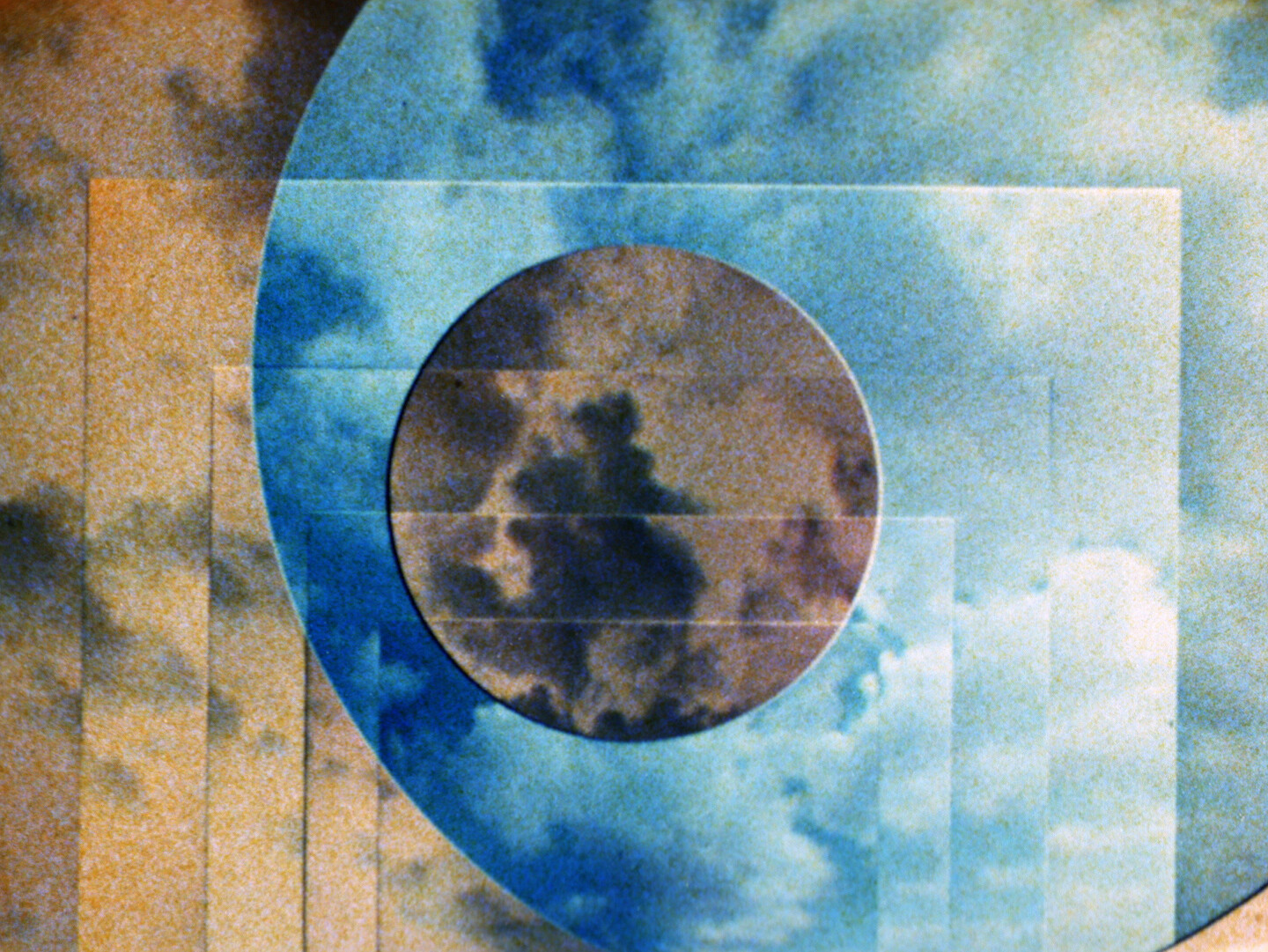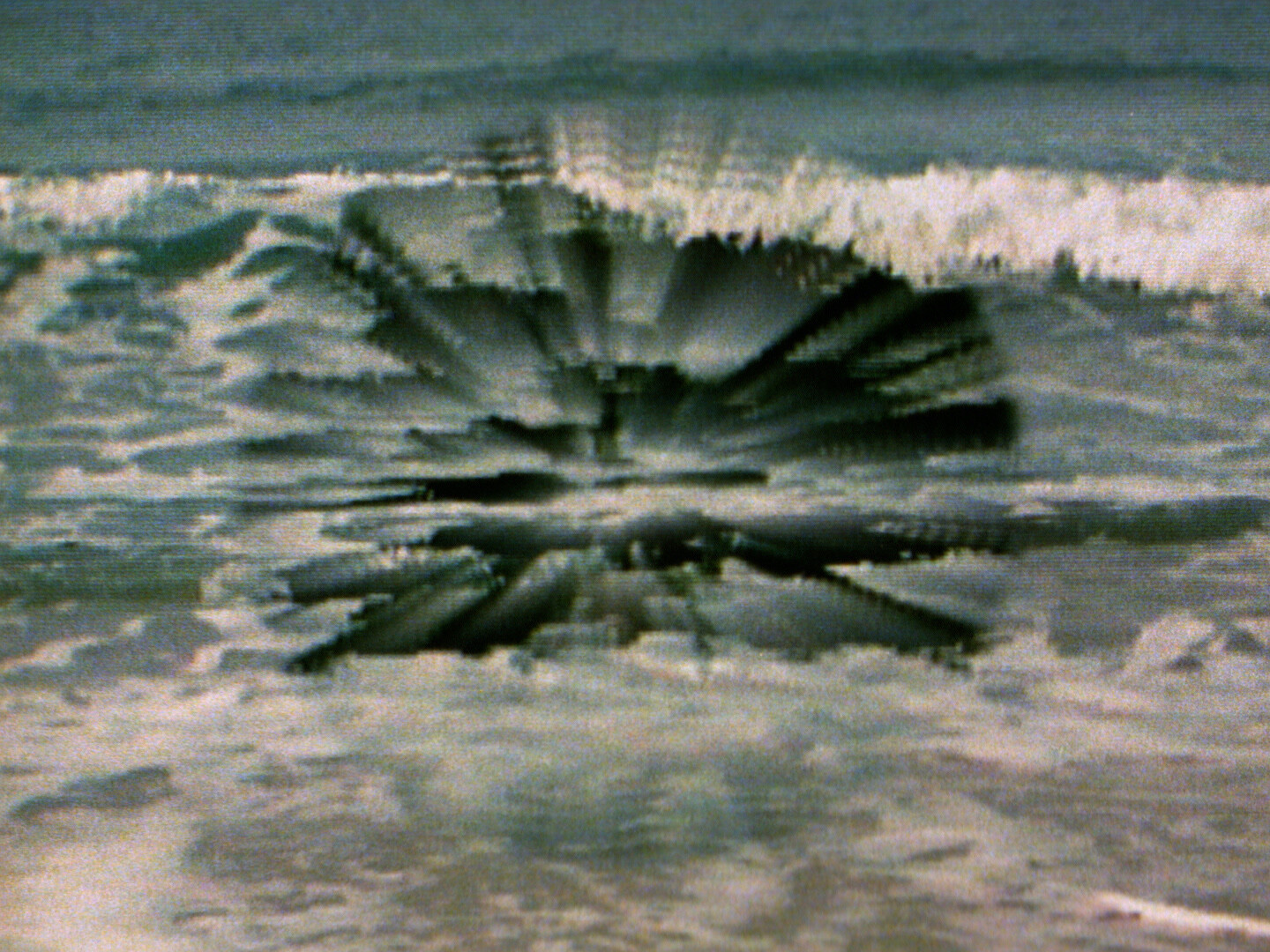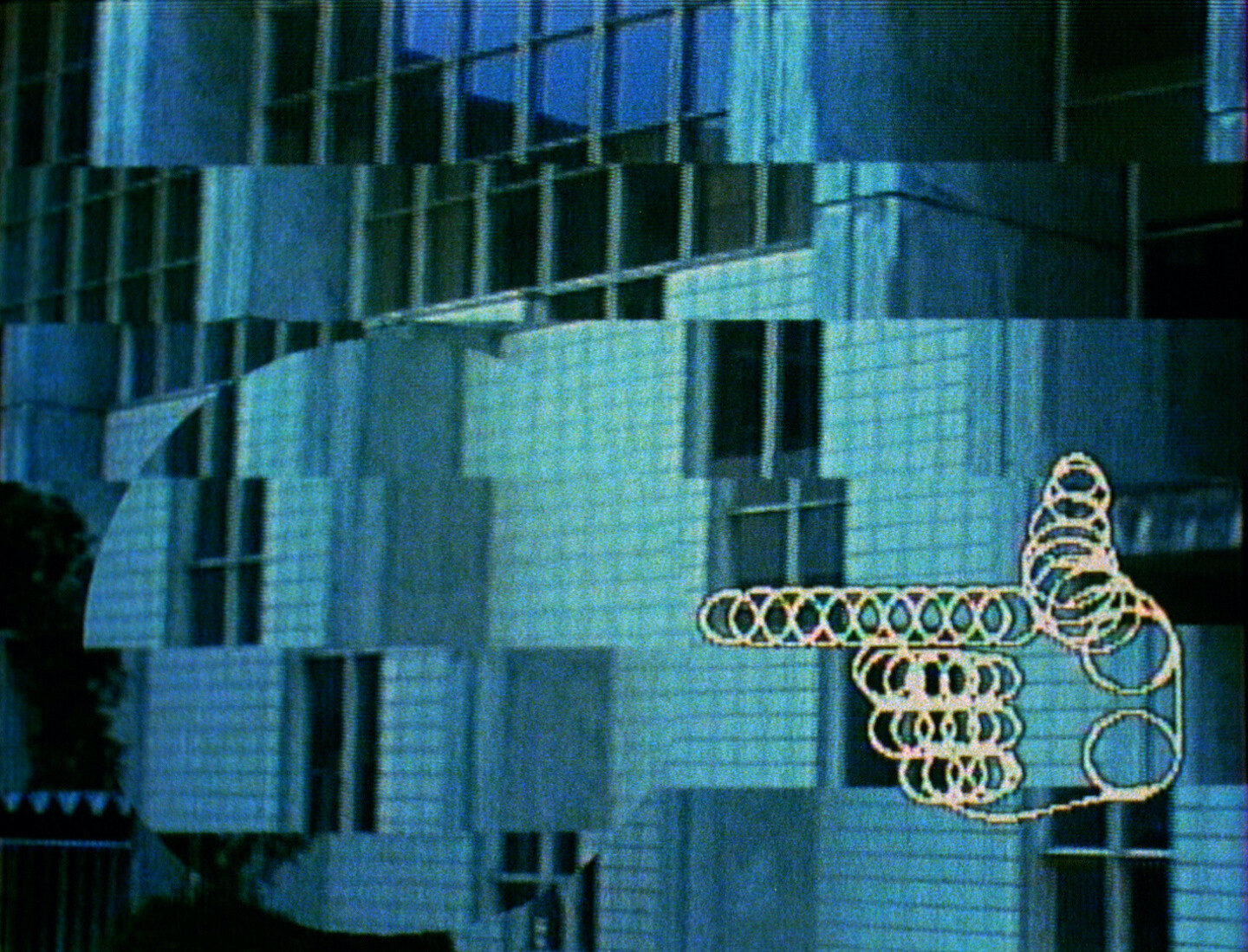Toshio Matsumoto began his creative career in avant-garde documentary and transitioned to making experimental films in the late 1960s, viewing them as a means of expressing the pre-logical unconscious. In the 1980s, influenced by the field of semiotics, he began to explore methods for disturbing perceptual unity. In these works, existing forms are deconstructed and different configurations of moving-image emerge. Matsumoto called this the Relation Series. In the mid-1980s, this theme was elevated from a perceptual to a narrative level, culminating in the feature film Dogra Magra (1988). Courtesy of Postwar Japan Moving Image Archive, our November Staff Picks features three films from the Relation Series: Connection (1981); Relation (Kankei) (1982); and Shift (Danso) (1982).
Toshio Matsumoto (1932-2017) was a Japanese film director and video artist. In the late 1950s, Matsumoto began making works that fused avant-garde and documentary elements, as well as writing essays on film theory. In 1963, he published The Discovery of Film: The Avant-Garde and Documentary (Eizō no hakken: Avangyarudo to dokyumentarii, Sanichi-Shobo), which exerted a strong influence on the Japanese film movement. In the late ’60s, Matsumoto began to devote himself to experimental films and expanded cinema with For the Damaged Right Eye (Tsuburekakatta migime no tame ni, 1968). In 1969, he directed Funeral Parade of Roses (Bara no sōretsu, 1969), a commercial narrative film that exemplified gay culture and the turmoil of the era. In 1970, he served as general director of the Textile Pavilion at the EXPO’70 in Osaka, where he presented Space Projection Ako (1970), a huge multi-projection film work. Matsumoto subsequently expanded his activities, producing countless cross-genre works including commercial narrative films such as Shura (1971) and Dogra Magra (1988), experimental films such as Atman (1975) and Engram (Kioku konseki, 1987), and video artworks such as Metastasis (Shinchintaisha, 1971) and Shift (Dansō, 1982). His most recent work, Tōrō Axe (2009-2012), was released in 2012.


